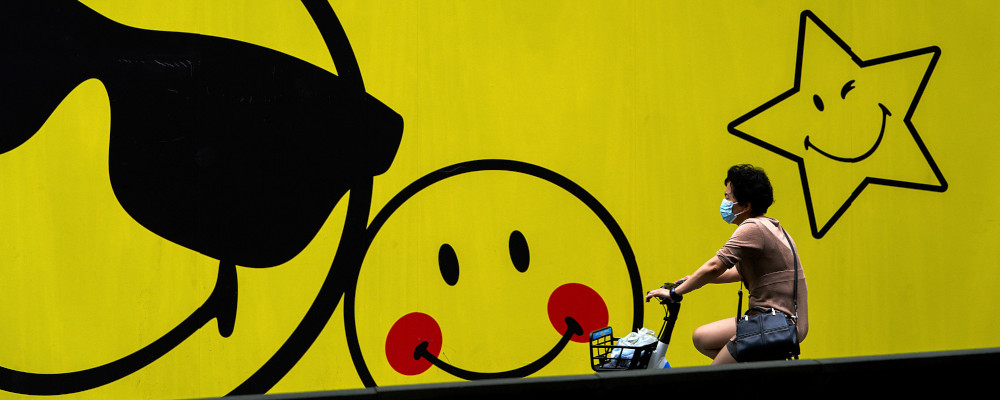Hub readers engaged in discussions on the government’s latest defence policy update, whether the “Freedom Palestine” protests have gone too far, why citizen happiness should be paramount when crafting public policy, and why removing taxation on mothers could be one way to boost birth rates.
The goal of Hub Forum is to bring the impressive knowledge and experience of The Hub community to the fore and to foster open dialogue and the competition of differing ideas in a respectful and productive manner. Here are some of the most interesting comments from this past week.
Sign up for our daily Hub Forum email newsletter today.

The government’s defence policy update is a small step in the right direction—if it is actually implemented
Monday, April 22, 2024
“If the current and future governments don’t invest heavily in the latest technologies, our military’s presence in a conflict zone will be a severe detriment.”
— Michael B
“Let’s simply start with honouring our basic commitment of allocating 2 percent of GDP to NATO.”
— Donaldo
‘You don’t have a First Amendment right to camp out on campus’: FIRE president Greg Lukianoff on how to determine when protest goes too far
Tuesday, April 23, 2024
“I worry that our authorities are hoping against hope that [the hateful protests] go away on their own. As we can see, avoiding the problem just makes it worse.”
— Peter Morgan
“Glorifying the barbarity of October 7th should rightly be condemned, by officials and the public. Speech can cross the line into direct intimidation, or what Lukianoff calls discriminatory harassment.”
— Gord Edwards
It’s time to stop giving the pro-Palestine protestors the benefit of the doubt
Wednesday, April 24, 2024
“Protesting how the IDF is acting in Gaza is something that could be legal, but it does not require antisemitic behavior.”
— Greg
“I believe such protestors should be able to say what they like short of actual threats of violence. I would not dignify their contemptible speech by outlawing it. The best way of highlighting the difference between our liberal democracy and their nihilistic philosophy is to live up to our liberal principles.”
— Steve J Chipman
“Loathsome speech should be disavowed publicly by our elected leaders, as should any ideas that are on their face inconsistent with our peaceful, free, and democratic society. Civil society should actively reinforce our norms.”
— Paul Attics
“If we’re going to have hate speech laws, now’s the time to enforce them.”
— Peter Morgan

Disregard citizen unhappiness at your own peril, leaders
Thursday, April 25, 2024
“Human flourishing is evidenced by long-term happiness. This should be the North Star for any government (and groups or individuals), regardless of any ideological underpinnings. In fact, with this as a genuine North Star, ideology is not even needed. Simply choose the best actions or inactions that result in the most human flourishing over the long term, while managing risk of course.”
— Paul Attics
Want to boost birth rates? Stop taxing mothers
Friday, April 26, 2024
“An intriguing idea that if nothing else should at least be a solid conversation-starter and counteract the increasing lack of options available to young women.”
— Peter Menzies
“It seems that Canada is even below this natural setpoint with families reporting that they would have more children ‘if conditions allowed.’ Regardless, our prosperity engine continually requires enough people in the core tax-paying demographic (30-60 years) to support the standard of living for all. If we haven’t produced enough population three decades earlier to fill up these highest tax-paying cohorts, then immigration is required to close the gap.”
— Paul Attics
Recommended for You

‘They’re voting with their eyeballs’: Sean Speer on the revealed preferences of Canadian news consumers

Kirk LaPointe: B.C.’s ferry fiasco is a perfectly Canadian controversy

‘I want to make Canada a freer country’: Conservative MP Andrew Lawton talks being a newbie in Parliament, patriotism, and Pierre Poilievre’s strategy

The state of Canada’s economy halfway through 2025



